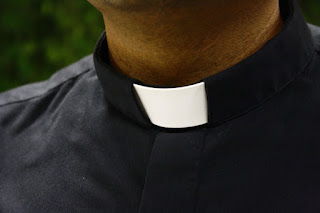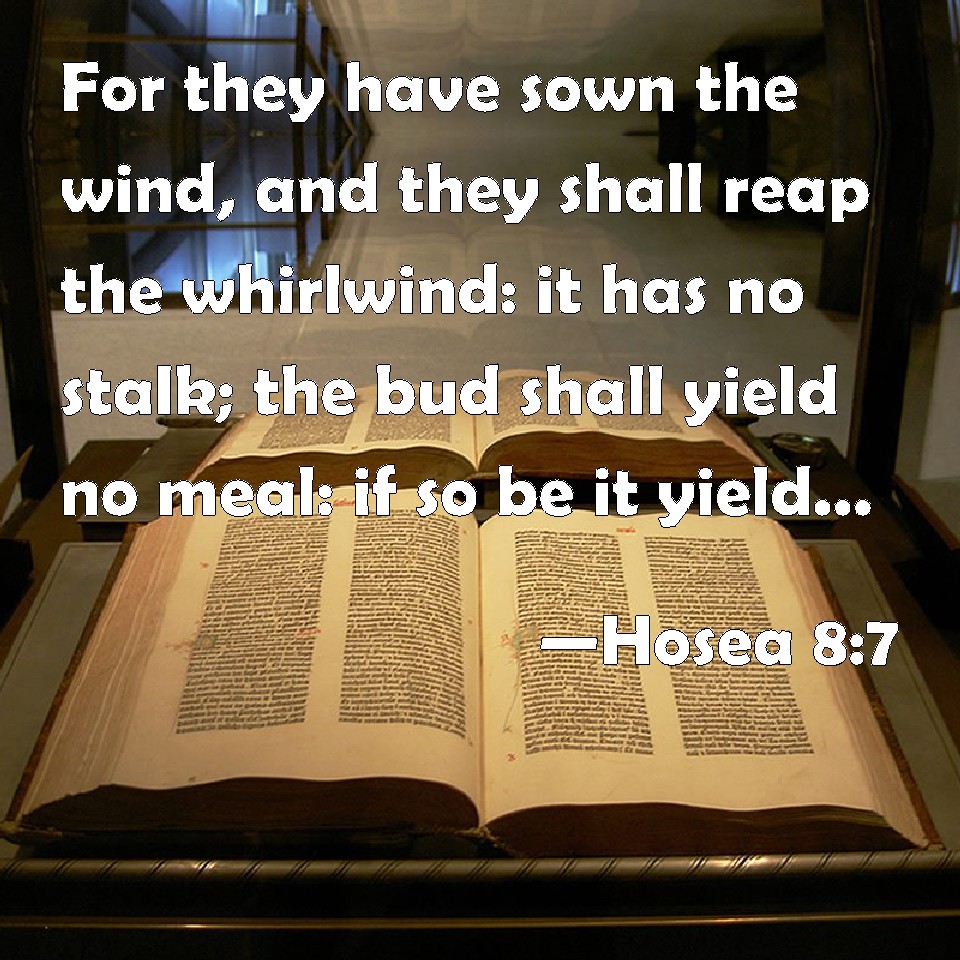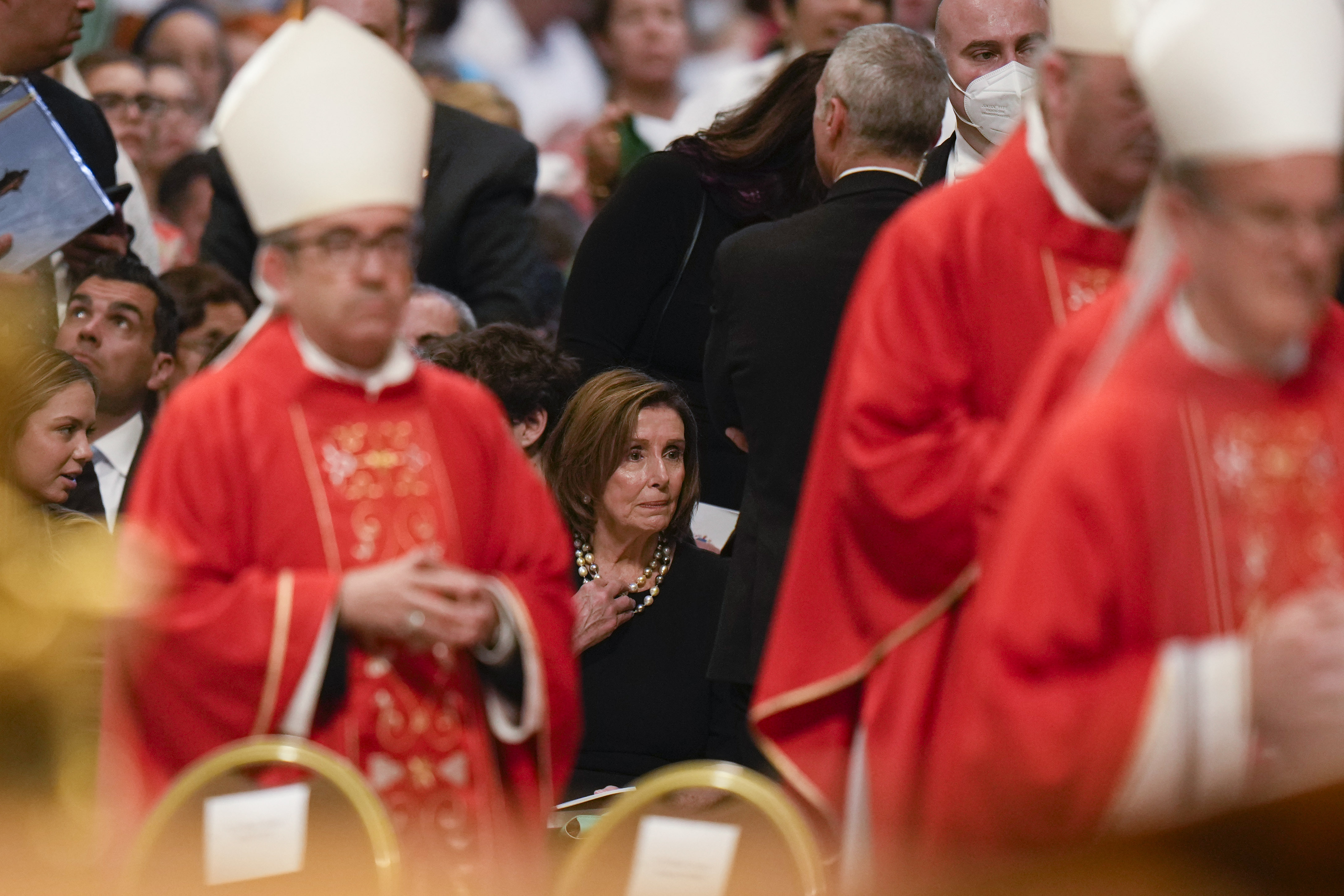Most are want to point to the Preus family -- the brothers who came into Missouri rather late in history but whose coming certainly affected the direction of our history as well as the character of our faith. There are plenty of Preus family members still around -- actively serving and retired. But that represents more a family that upset the apple cart of Missouri's ruling clans than it does any real relationship to that earlier history. And this chapter of Missouri, while involving family, was clearly about doctrine and practice most of all. It was not a power play, strictly speaking, that gained entrance to this Norwegian set of brothers but an internal struggle at play in Missouri that had begun to expose the fracture points that had long laid hidden, covered over most of the time by the family desire not to deal with them. So when the Preus brothers came in, the mechanisms of family and relation that had long defined Missouri were being stretched thin by conflicts and disputes that were already threatening to come undone before they showed up. No, the story does not start with them.
Walther's Missouri was vastly different than the Missouri of today. It was not a Synod of insiders but of strangers welcomed into a doctrinal family. At some points in Missouri's early history, the ministerium represented in the Synod convention was dominated by pastors serving non-Missouri congregations! Something that would never happen today! In fact, Missouri's history began with strangers learning to come together for the sake of doctrine and practice -- the Frankenmuth contingent with the Loehe men with the Saxons and Perry County folk. They did not know each other well but they knew what they believed, confessed, and taught and this provided a basis for the formation of a Synod and marked the character of that Synod's early life. Their conventions were more theological than political or programatic and they somehow found how to kick out somebody and then receive him back a few years down the road. Can you imagine either of those happening today?
It would be hard to overestimate Walther's influence over this early history of Missouri but it would also be hard to see Walther in the complexity of bylaws and resolutions that have come to define us today. What would Walther think of the way we approach the Synod or fellowship or the contemporary worship styles of so many congregations? What would Walther think of such inventions as Associate Pastors or conventions designed more as the confirmation of outcomes already decided and housekeeping affairs instead of deliberative assemblies arguing less rules than doctrine? What would Walther think of a Synod in which leaders were rather timid about suggesting anything is really wrong (the most we often can must is not best practice) and of congregations and clergy who routinely act as if Synod were of little need, benefit, or consequence to them? What would he say about the colleges and universities that no longer had a core mission of providing pastors and teachers to the churches or of a Synod once known for schools now known more for closing them down? I will leave you to contemplate these things.
Although we claim that Missouri is Walther's Synod, I wonder if it might be more true to say that Missouri has become Pieper's church body. Franz August Otto Pieper was born 27 June 1852, in Carwitz, Pomerania, Germany, to his father, the mayor. He was one of seven children. He immigrated to the U.S. in 1870 and 5 years later, graduated from Concordia Seminary, St. Louis. Ordained by Rev. A. Hoenecke on 11 July 1875 in Centerville, Wisconsin, he served there for only one year before accepting a call to Manitowoc. On 2 January 1877 he married Minnie Koehn in Sheboygan. He would served the Manitowoc congregation until 1878, when he became a professor at Concordia Seminary, St. Louis, and, 9 years later, its president. Three of his brothers like him became pastors: Reinhold was a professor at the Missouri Synod seminary in Springfield, IL; August was a professor at the Wisconsin Synod seminary in Thiensville, WI; and Anton was a pastor in the Wisconsin Synod.
When brother August became a proponent of the so-called “Wauwatosa Theology,” there were
strong disagreements between the two Pieper brothers on various issues
relating to church and ministry. Despite their private disagreements, Franz never publicly criticized his brother or the
Wisconsin Synod.
He was not quite so reticent with everyone else -- including his colleagues at the Seminary. One anecdote from about 1930
(a year before he died) tells of Pieper reviewing the lecture notes of the professors at
Concordia Seminary in St. Louis, and then in a faculty meeting remarking
that only he and P.E. Kretzmann were not “deviating from the Word of
God.” Theodore Graebner stormed out of the room in protest.
Pieper served on the Missions Board for
the Synodical Conference. He was the Synod’s president from 1899 until
1911. But most know him as the author of Christliche Dogmatik (3 vols., 1917-1924; translated as Christian Dogmatics, 1950-1953). It would be hard to overestimate the impact of those volumes upon Missouri. Historian Carl S. Meyer put it well when he wrote, “After the death of
C.F.W. Walther, [Pieper] was regarded as the ‘Elisha’ on whom Walther’s
mantle had fallen.” Pieper was not Walther and did not hold as many positions simultaneously as Walther did but his dogmatics text ensured that Missouri's clergy would be defined by him more than any other. The delayed and rather dismissed volumes that were to replace Pieper's work only show that the power of this text upon Missouri's ministerium -- for good or for ill.
A major movement toward Lutheran unity among the conservative mid-western
synods of Missouri, Iowa, Ohio and Buffalo seemed on the verge of success
in the late 20s, but it would be Missouri’s insistence on agreement on all
doctrines that persuaded Iowa, Ohio and Buffalo to put church fellowship with
Missouri on the back burner as they united to form the American
Lutheran Church (ALC). Many would fault Pieper (and sometimes Stöckhardt) for being over-zealous against unionism. It was his position that fellowship and unity required agreement in all articles of doctrine and that has been Missouri's position ever since. He was also the main author of the Missouri Synod's A Brief Statement of 1932, an authoritative presentation of the doctrinal teaching of the LCMS -- a document some say was designed to derail any Missouri conversations with other American Lutherans. It cannot be forgotten that American Lutheranism would have been in a distinctly different state today if that unity sought a century ago had been brought to fruition. Maybe the Pieperization of Missouri was inevitable as this church body moved from being the new kind on the block to being an institutionalized structure that needed to be preserved as much as it needed to grow. The Missouri of today needs to learn a little something from its earlier incarnation and maybe it is time we stopped trying to out Pieper one another and trying to solve every theological issue with a bylaw and a dispute resolution process and adding to the Book of Concord without really adding to it.








.jpg)






